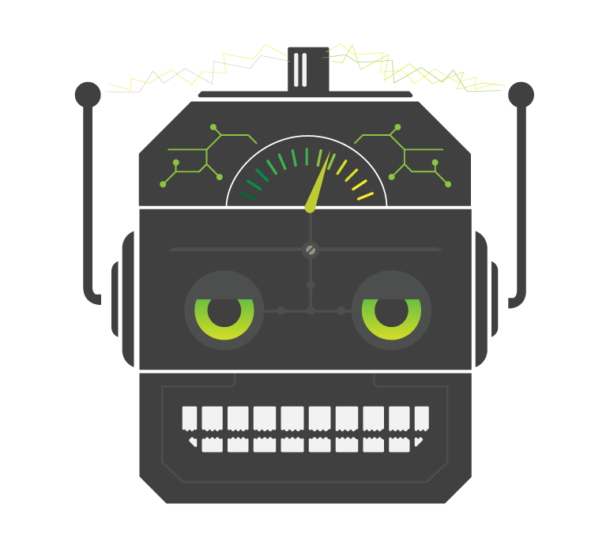
DPL Reading List – May 25, 2018
Here are some of the articles we found this week.
After Meltdown and Spectre, Another Scary Chip Flaw Emerges – “Microsoft says that the risk to users from this bug is “low,” and Intel notes that there is no evidence that the flaw is already being used by hackers. Some systems, particularly browsers, already have some protection against Speculative Store Bypass attacks just from the initial Meltdown and Spectre patches. But as was the case before, chip manufacturers and software developers are now working to release tailored fixes—and SSB raises the same types of performance problems that emerged before.”
Star Wars-inspired flying robots joining space station crew – “NASA’s one-foot-cube Astrobees will be packed with cameras, sensors, and other tools and travel around the space station; its tasks will be far more mundane, however, than the movie training droids. The bots will help with tasks like measuring noise levels, testing carbon dioxide concentrations, or shooting video of astronauts at work.”
5 books worth reading this summer – “I’ve read some terrific books lately. When I pulled together this list of five that you might enjoy this summer, I realized that several of my choices wrestle with big questions. What makes a genius tick? Why do bad things happen to good people? Where does humanity come from, and where are we headed?”
How to Develop Great Culture? Treat it Like a Product – “Culture is the sum total of all of the interactions that people have in your organization, he shared. “It’s the language that you use. It’s the practices that you have. It’s the values that you share.””
The Internet of Trash: IoT Has a Looming E-Waste Problem – “As we add computing and radios to more things, we’re also adding to the problem of e-waste. The United Nations found that people generated 44.7 million metric tons of e-waste globally in 2016, and expects that to grow to 52.2 million metric tons by 2021.”
Why Senior Devs Write Dumb Code and How to Spot a Junior From A Mile Away – “Code is about communication with other humans and giving instructions to a computer, but it is now much more of the former than the latter. The compiler takes care of translating what programmers write into machine language. Often, there are several layers of this translation, such as when Java is compiled to ByteCode, which is read in by the Java Virtual Machine at runtime, where it is ultimately translated down to just zeroes and ones.”
The machines have taught themselves to make Mario levels – “Using a modern AI technique called Generative Adversarial Networks, a group of researchers devised a way to create new Mario levels by analyzing an actual one. They then figured out how to search the results for certain characteristics, such as difficulty. The research shows how AI could create games that automatically adapt to the player’s skill level, or at the very least provide inspiration to human game designers.”



